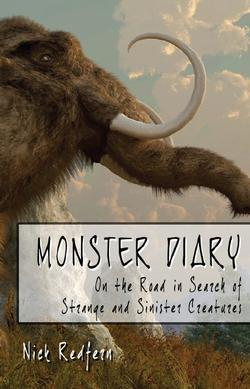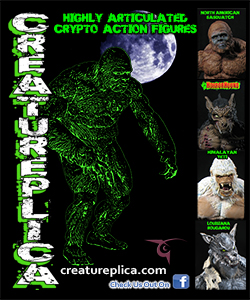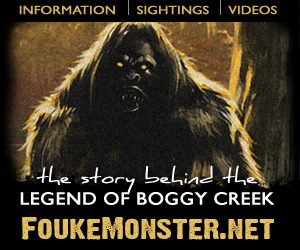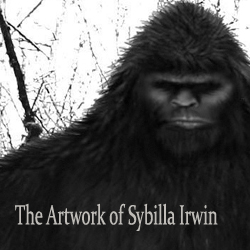Lake Monsters: Giant Freaks?
Posted by: Nick Redfern on April 10th, 2014
My latest Mysterious Universe article focuses on a subject I have written about quite extensively: the theory that at least some so-called “lake-monsters” may actually be giant eels. It starts like this:
“When it comes to the matter of lake monsters, two things can be said with a high degree of certainty: (a) sightings have been reported from pretty much all around the world; and (b) the theories for what they may be are as many as they are varied. Ogopogo, Champ, Morag, and the monsters of Loch Ness, Scotland have all captured the collective imagination of the public and the media, as well as the attention of cryptozoologists, the scientific community, and monster-hunters. But, if lake monsters really do exist – and I think they do – then what are they? That’s a good question…
“Certainly, and beyond any shadow of doubt (and particularly so when it comes to the matter of what lurks within Loch Ness) the most popular theory is that the creatures are plesiosaurs: marine reptiles that lived from the Triassic Period, thrived in the Jurassic Period, and finally met their demise at the end of the Cretaceous Period. If such beasts did survive extinction, such a discovery would not just be amazing – it would be beyond amazing!” (END OF EXTRACT)
The giant eel theory is one that has interested me for a long time and you can find other material on this very subject from me in my 2012 book Monster Diary (which includes an entire chapter on the subject, titled “The Great Eel Hunt”).
Also check out this 2012 article from me (also at Mysterious Universe), one (from 2008) at my now-closed down blog, There’s Something in the Woods, and a second one at the same blog, this one from 2007.
About Nick Redfern
Punk music fan, Tennents Super and Carlsberg Special Brew beer fan, horror film fan, chocolate fan, like to wear black clothes, like to stay up late. Work as a writer.











I think the eel candidate is a good one. It doesn’t satisfy all accounts, but it is certainly plausible.